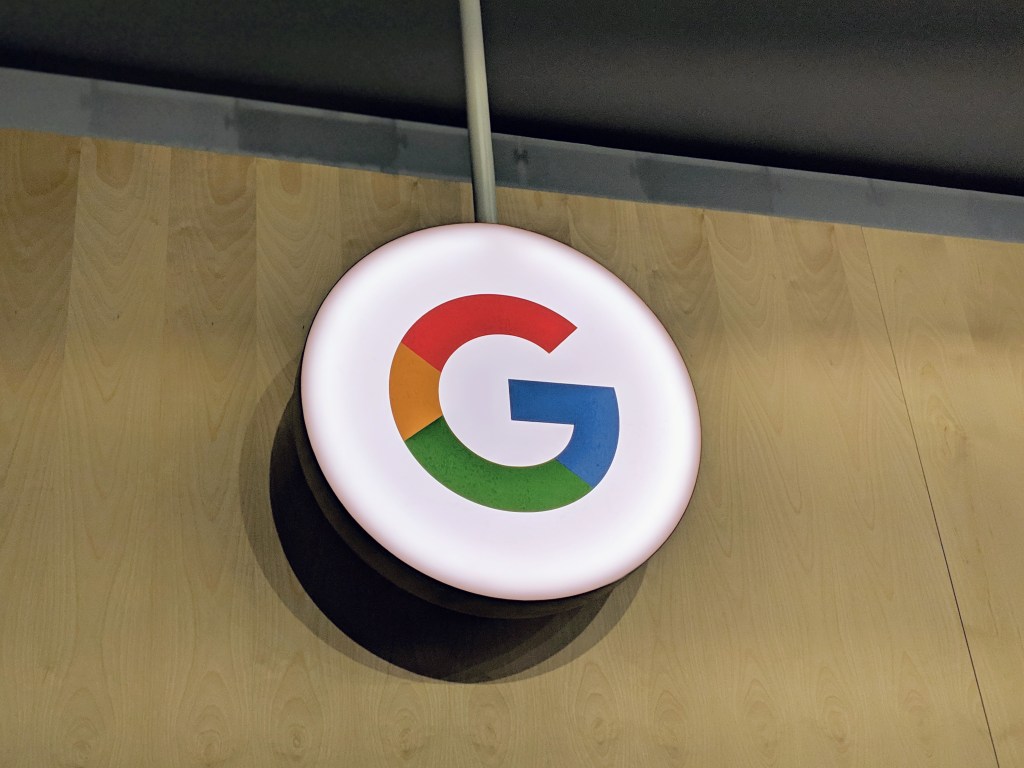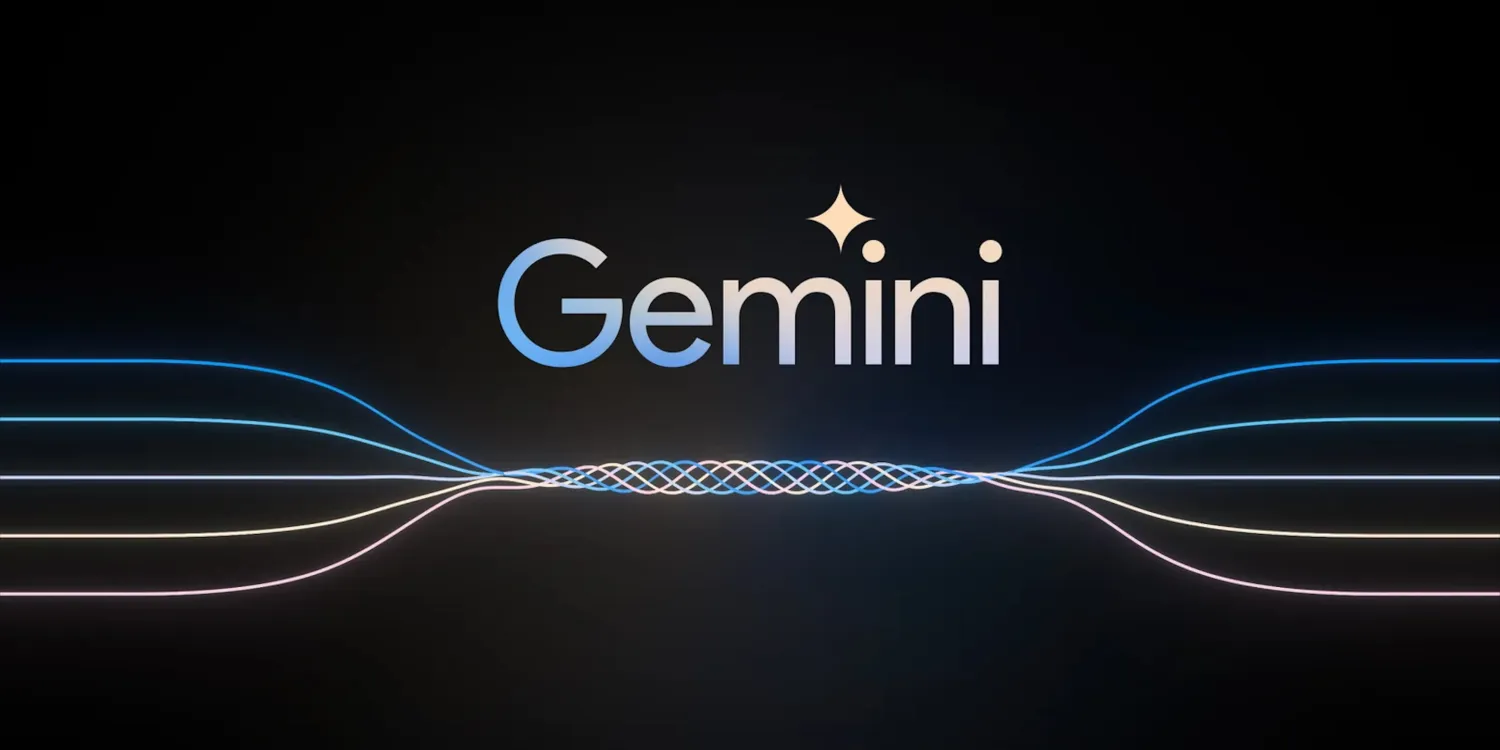In a recent episode of the StrictlyVC Download podcast, TechCrunch Editor-in-Chief Connie Loizos engaged in a comprehensive discussion with Francis deSouza, the Chief Operating Officer of Google Cloud since January 2025. The conversation delved into Google Cloud’s strategic initiatives, particularly its emphasis on nurturing startups, and how this approach positions the company within the rapidly evolving artificial intelligence (AI) landscape.
Emphasis on Startups
Francis deSouza highlighted Google Cloud’s deliberate focus on supporting startups as a cornerstone of its growth strategy. By providing scalable infrastructure, advanced AI tools, and dedicated support, Google Cloud aims to empower emerging companies to innovate and expand efficiently. This commitment is exemplified by partnerships such as the one with Y Combinator, where Google Cloud offers dedicated clusters of Nvidia GPUs and substantial cloud credits to assist startups in developing and deploying AI models. This initiative not only facilitates technological advancement for startups but also fosters long-term relationships that can evolve as these companies grow.
Navigating the Competitive AI Ecosystem
The AI industry is characterized by intricate relationships and competitive dynamics. Major cloud providers like Amazon Web Services (AWS) and Oracle have secured significant deals with leading AI companies, including OpenAI and Anthropic. Despite this, deSouza expressed confidence in Google Cloud’s strategic direction, emphasizing that the company’s focus on startups and its comprehensive suite of AI services position it favorably in the market. He underscored the importance of building strong foundations with emerging companies, which can lead to enduring partnerships as these startups mature.
Addressing Infrastructure Challenges
A critical challenge in the AI sector is the scarcity of Graphics Processing Units (GPUs), essential for training and deploying complex AI models. Google Cloud has proactively addressed this issue by offering access to its proprietary Tensor Processing Units (TPUs) and forming strategic partnerships to ensure a steady supply of Nvidia GPUs. For instance, collaborations with AI startups like Safe Superintelligence (SSI) and World Labs involve providing access to TPUs, enabling these companies to accelerate their research and development efforts. These initiatives not only mitigate infrastructure constraints but also demonstrate Google Cloud’s commitment to supporting the AI community.
Balancing Competition and Collaboration
The conversation also touched upon the complex interplay between competition and collaboration within the AI ecosystem. While Google Cloud provides infrastructure services to various AI companies, its parent company, Alphabet, competes in the generative AI space and holds investment stakes in some of these firms. DeSouza acknowledged these complexities but emphasized that Google Cloud operates as an open platform, committed to supporting a diverse range of customers regardless of their competitive positioning. This approach reflects a broader industry trend where collaboration and competition coexist, driving innovation and growth.
Future Outlook
Looking ahead, Google Cloud plans to continue its investment in AI and cloud infrastructure to meet the evolving needs of its customers. By maintaining a focus on startups and fostering an open ecosystem, the company aims to remain a pivotal player in the AI industry. DeSouza’s insights underscore the importance of strategic partnerships, infrastructure investment, and a balanced approach to competition and collaboration in navigating the dynamic AI landscape.


